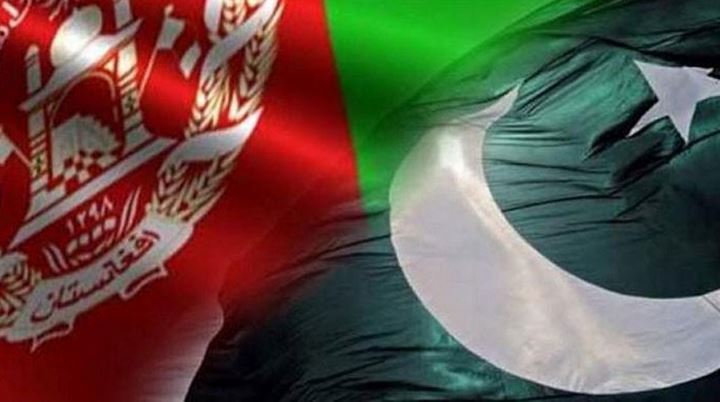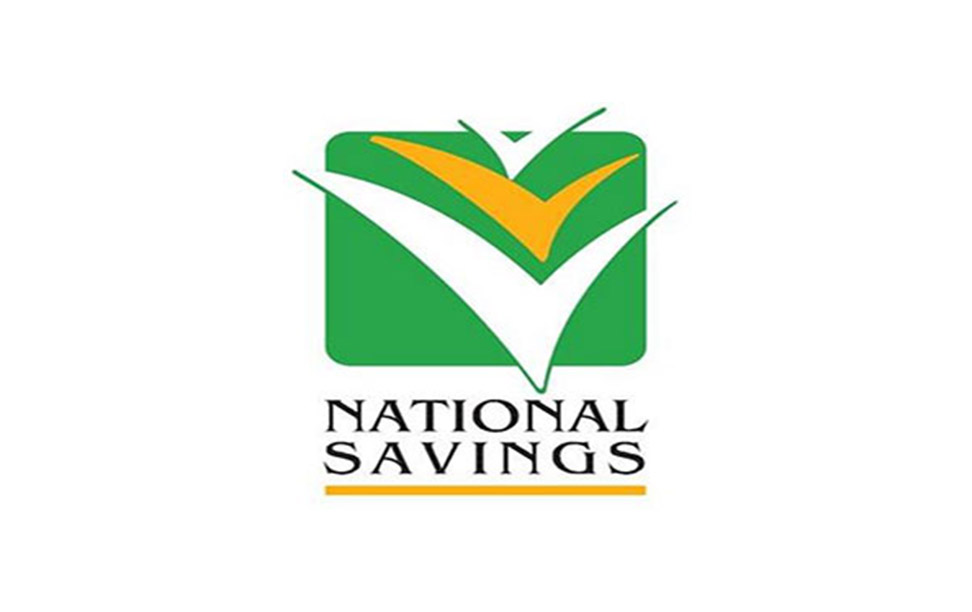Hosting new Afghan refugees to cost Pakistan more than $0.5bn every year: IMF

By MG News | October 19, 2021 at 06:42 PM GMT+05:00
October 19, 2021: Hosting new refugees from Afghanistan will cost Pakistan around $0.5 billion (0.2pc of the GDP) per annum as a large influx could burden public resources, the International Monetary Fund (IMF) said in its the Middle East and Central Asia Outlook released on Tuesday.
“Assuming that 1 million Afghans flee their country and settle in other countries in proportion to the existing stock of Afghan refugees, the annual cost of hosting new refugees would vary from $100 million in Tajikistan (1.3 percent of GDP) to about $300 million in Iran (0.03 percent of GDP) and more than half a billion dollars in Pakistan (0.2 percent of GDP),” said the IMF.
A large influx of refugees could put a burden on public resources in refugee-hosting countries, fuel labor market pressures, and lead to social tensions, underscoring the need for assistance from the international community.
It said that economic consequences from the Taliban’s takeover of Afghanistan will spill over into its immediate neighbors. “Exports to Afghanistan are macroeconomically and socially relevant for Iran, Pakistan, Turkmenistan, and Uzbekistan. They make up 4–8 percent of these countries’ exports, although their share in domestic economies is rather small,” the IMF said.
The IMF said that although financial spillovers have been limited given the negligible exposure of foreign financial institutions to Afghanistan’s small banking sector, cross-border “cash” flows could increase.
With Afghanistan receiving large donor funds, there has been a substantial “cash” flow across the borders in recent years, with US dollar banknotes exported from Afghanistan as part of legitimate trade and possibly illicit flows.
This cross-border flow of cash will likely grow, raising new anti-money laundering/combating the financing of terrorism concerns, but its net balance could reverse now that Afghanistan itself is experiencing shortages of foreign currency.
Furthermore, trade within border regions could shift to the Pakistani rupee and Iranian rial.
Press Release
Related News
| Name | Price/Vol | %Chg/NChg |
|---|---|---|
| KSE100 | 131,949.07 198.95M |
0.97% 1262.41 |
| ALLSHR | 82,069.26 730.83M |
0.94% 764.01 |
| KSE30 | 40,387.76 80.88M |
1.11% 442.31 |
| KMI30 | 191,376.82 77.76M |
0.36% 678.77 |
| KMIALLSHR | 55,193.97 350.11M |
0.22% 119.82 |
| BKTi | 35,828.25 28.42M |
3.64% 1259.85 |
| OGTi | 28,446.34 6.84M |
-1.02% -293.01 |
| Symbol | Bid/Ask | High/Low |
|---|
| Name | Last | High/Low | Chg/%Chg |
|---|---|---|---|
| BITCOIN FUTURES | 108,125.00 | 110,525.00 107,865.00 |
-2290.00 -2.07% |
| BRENT CRUDE | 68.51 | 68.89 67.75 |
-0.29 -0.42% |
| RICHARDS BAY COAL MONTHLY | 97.50 | 0.00 0.00 |
0.75 0.78% |
| ROTTERDAM COAL MONTHLY | 106.00 | 106.00 105.85 |
-2.20 -2.03% |
| USD RBD PALM OLEIN | 998.50 | 998.50 998.50 |
0.00 0.00% |
| CRUDE OIL - WTI | 66.50 | 67.18 66.04 |
-0.50 -0.75% |
| SUGAR #11 WORLD | 16.37 | 16.40 15.44 |
0.79 5.07% |
Chart of the Day
Latest News
Top 5 things to watch in this week
Pakistan Stock Movers
| Name | Last | Chg/%Chg |
|---|
| Name | Last | Chg/%Chg |
|---|




 Central Government Debt
Central Government Debt
 CPI
CPI